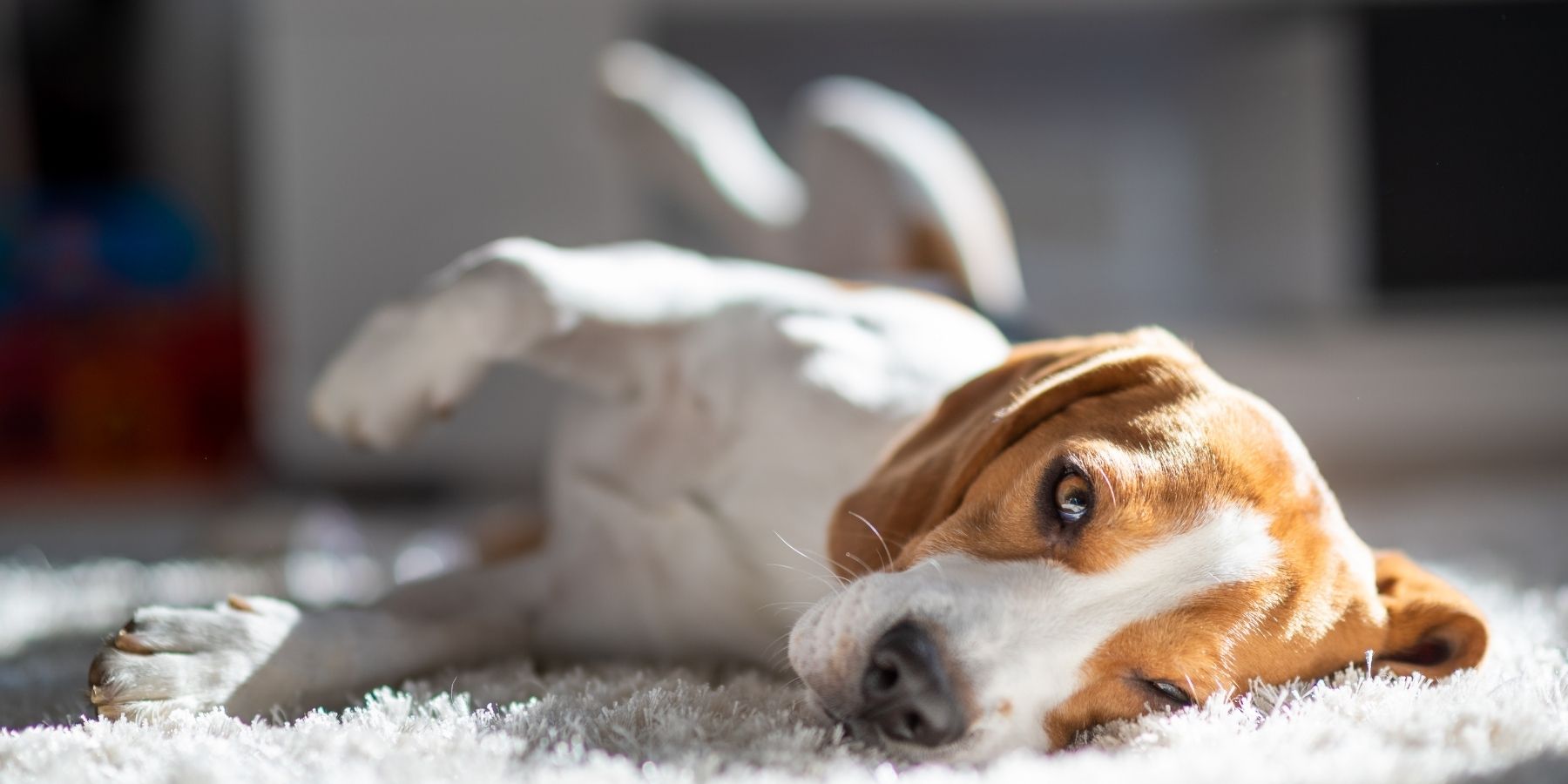Is your furry friend prone to reactive behavior? Does your dog often bark, lunge, or show signs of aggression when encountering other dogs or unfamiliar people? If so, you're not alone. Many dog owners face this challenge, but understanding the root causes of reactivity is the first step towards a calmer and happier canine companion.
Why Is Your Dog Reactive?
Reactivity in dogs can stem from various underlying factors. It's essential to recognize these triggers to address the issue effectively.
Fear and Anxiety: Fear is a common cause of reactivity. Dogs may react aggressively or defensively when they feel threatened or anxious. Identifying their fears and working to reduce them is crucial.
Lack of Socialization: Dogs that haven't been properly socialized as puppies may struggle to adapt to new situations and encounters. This can lead to reactive behavior out of fear or uncertainty.
Territorial Instincts: Some dogs are naturally territorial, and they may react aggressively to protect their home or space. Understanding and managing this instinct is essential.
Past Trauma: Dogs with a history of traumatic experiences may exhibit reactive behavior as a defense mechanism. Compassion and patience are key in such cases.
How to Reduce Reactivity and Calm Your Dog
Now that you know why your dog may be reactive, it's time to explore ways to reduce this behavior and create a more peaceful environment to calm your dog.
Positive Reinforcement Training: Positive reinforcement techniques, such as rewarding good behavior, can help your dog associate positive experiences with previously anxiety-inducing situations.
Professional Training: Consider enlisting the help of a professional dog trainer or behaviorist who specializes in reactivity. They can provide tailored guidance and support.
Gradual Exposure: Gradual exposure to triggers, whether it's other dogs or new environments, can help desensitize your dog to these situations over time.
Regular Exercise: Ensuring your dog gets enough physical and mental exercise is crucial. A tired dog is less likely to react out of anxiety or pent-up energy.
CBD and Relaxation Aids: Some pet owners find success in using CBD products or other relaxation aids to help reduce anxiety in their reactive dogs. Always consult with a veterinarian before using any supplements.
Remember that every dog is unique, and what works for one may not work for another. It's essential to be patient and consistent in your efforts to help your dog overcome reactivity. With the right approach and understanding, you can make significant strides in calming a reactive dog.
FAQs (Frequently Asked Questions)
Q1: Can all reactive dogs be trained to become non-reactive?
A1: While not all dogs will completely eliminate reactivity, most can improve significantly with the right training and management.
Q2: Is punishment an effective way to stop reactivity?
A2: Punishment is generally not recommended, as it can worsen fear and anxiety. Positive reinforcement training is a more effective approach.
Q3: How long does it take to see improvements in a reactive dog's behavior?
A3: The timeline varies depending on the dog and the severity of reactivity. Some dogs may show improvements in a few weeks, while others may take several months of consistent training.
Q4: Should I socialize my reactive dog with other dogs?
A4: Socialization is essential, but it should be done carefully and under supervision to prevent negative experiences.
Q5: Can reactivity be a sign of an underlying health issue?
A5: Yes, some health issues can contribute to reactivity. It's advisable to consult with a veterinarian to rule out any medical causes.
By addressing the causes of reactivity and implementing positive training methods, you can help your dog become a calmer and more confident companion. Remember that progress may be gradual, so stay patient and persistent in your efforts.

